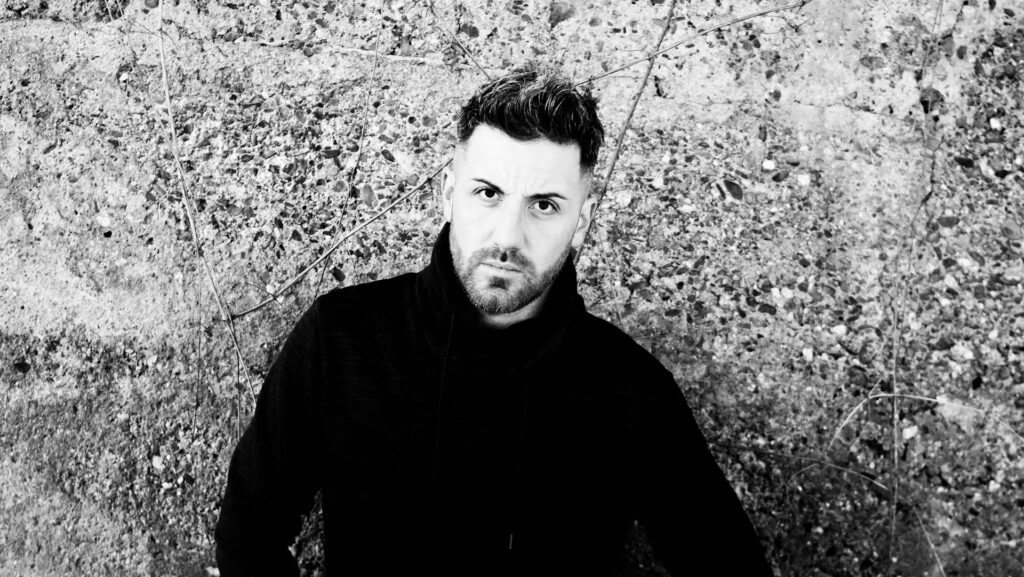You’ve got your own stuff going on in life, but that doesn’t stop you from taking everyone else’s on board, too.

If you’re the one who remembers the birthdays, smooths the arguments, tracks the calendar, checks in first, and anticipates what everyone else needs before they say it—you’re probably carrying more than just your own emotional weight. The mental load isn’t just about to-do lists. It’s the invisible effort of noticing, remembering, and holding space for other people, even when no one asks you to. And while empathy is a gift, it’s not your job to be the emotional project manager of everyone’s life. Here’s how to start putting that load down—without losing your kindness in the process.
1. Notice where your help turns into overfunctioning.

There’s a line between being supportive and doing other people’s emotional or practical labour for them. If you’re constantly jumping in to manage, fix, or pre-empt, ask yourself: is this actually mine to handle? Sometimes what looks like helpfulness is actually overfunctioning—filling in gaps that other people would step into if you stopped rushing to cover them. Letting people experience the natural consequences of their choices isn’t unkind. It’s respectful.
2. Start asking: “Is this mine to carry?”

Before absorbing someone else’s stress, responsibilities, or moods, pause and ask: is this something I need to hold? Or am I taking it on out of habit, guilt, or fear of conflict? That one question can interrupt the reflex to jump in. It helps you check whether your energy is being used out of love, or out of compulsion. If it’s the latter, you can choose differently.
3. Let go of the identity that says, “I’m the strong one.”

If you’ve always been the capable one, the organiser, the peacekeeper, you might feel like everything will fall apart if you let go. However, constantly being the strong one often means no one thinks to support you back. That identity can quietly burn you out. And the truth is, your worth isn’t in how much you hold. It’s okay to let yourself be soft, messy, or unavailable sometimes. The world won’t end, and if it does? It probably needed a reset anyway.
4. Recognise when empathy turns into emotional labour.

Feeling for people is beautiful, but when you start taking responsibility for how they feel—trying to manage their reactions, ease their discomfort, or prevent their pain—you’re moving into territory that doesn’t belong to you. You can be present without performing. You can care without fixing. And you can be supportive without rearranging yourself to make other people feel better. That’s not cold—it’s healthy connection with boundaries.
5. Stop being the default communicator.

If you’re the one always reaching out, coordinating hangouts, or initiating every conversation, pause. Are you choosing to do that, or have you just taken on that role by default? Let the silence stretch. Let someone else follow up. You might be surprised at who shows up, and who doesn’t. Either way, you’ll learn something important about your relationships.
6. Say no before you’re resentful.

Many people say yes out of guilt, then spend the whole task feeling drained and annoyed. Saying no early is kinder—to you and to the relationship. It prevents the build-up of hidden resentment that eventually explodes or implodes. “No” is a complete sentence. You don’t need to justify why you’re not available to emotionally babysit, organise the group trip, or process someone’s fifth crisis this week. You’re allowed to have limits.
7. Give yourself permission to disappoint people.

If you’re carrying everyone else’s mental load because you’re afraid to let someone down, this one’s for you. Disappointing people isn’t a failure, it’s inevitable—and sometimes, it’s necessary for growth. You’re not here to maintain someone else’s emotional comfort at your own expense. Letting people feel disappointed and still choosing your peace is one of the most honest things you can do.
8. Don’t confuse peacekeeping with intimacy.

It’s easy to believe that absorbing other people’s stress or managing their needs creates closeness. However, real intimacy isn’t about taking over—it’s about showing up honestly and letting other people do the same. If you’re always smoothing things over, you’re not building connection—you’re managing it. Let conversations get awkward. Let people carry their own emotions. That’s where trust starts to deepen.
9. Remember that overfunctioning enables underfunctioning.

When you always fill in the gaps, other people stop learning how to. And while it might feel kind in the moment, it creates imbalance in the long run. You’re not helping—you’re enabling. Letting go gives people a chance to step up. It also helps reveal which relationships are reciprocal, and which ones only work when you’re doing all the emotional heavy lifting.
10. Let other people sit with their own discomfort.

You don’t have to make everything okay for everyone. You don’t need to lighten the mood, solve the problem, or carry their stress. Holding space doesn’t mean holding responsibility. Let people feel what they feel. Let them sit in silence, in awkwardness, in whatever is real for them. Discomfort isn’t dangerous; it’s often where the change happens. You don’t have to rescue them from it.
11. Practise being unavailable without guilt.

You’re allowed to put your phone on do not disturb. You’re allowed to not reply right away. You’re allowed to have a day where your only priority is you. That’s not selfish—it’s sustainable. When you stop being constantly available, people learn to respect your time, your space, and your energy. More importantly, you start to respect it, too.
12. Rebuild your relationship with rest.

If your nervous system is used to always scanning, anticipating, or solving, rest can feel unfamiliar, even uncomfortable. However, you can’t heal from overgiving in the same environment that caused it. Rest is where you remember who you are when you’re not managing everyone else. It’s where you reclaim your mental space, reconnect with your body, and let your mind breathe without expectation. You don’t need to earn it. You just need to take it.


